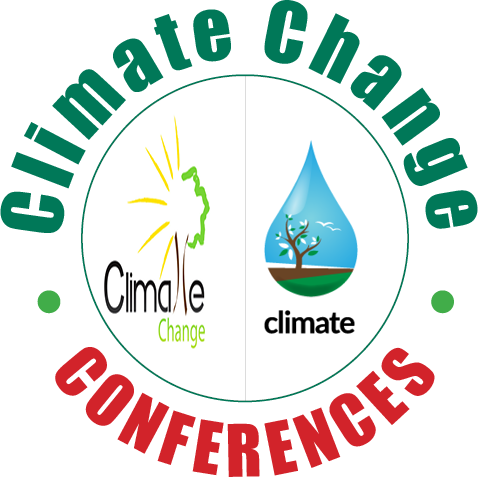
Chris Moseki
Dept. of Water and Sanitation, South Africa
Title: Climate change impacts on groundwater: Literature review
Biography
Biography: Chris Moseki
Abstract
Water is indeed a medium through which climate change influences the Earth’s ecosystem particularly since any negative impact thereon has ripple effect on almost everything else. The change in frequency, intensity and patterns in rainfall, as well as change in temperature has implication for replenishment of groundwater storage. However, groundwater-residence times can range from days to tens of thousands of years or more, which delays and disperses the effects of climate and challenges efforts to detect responses in the groundwater to climate variability and change. Hence, understanding the potential effects of climate variability and change on groundwater is more complex than with surface water. Several studies relating to the effect of climate changes on surface water bodies have been undertaken while very little research exists on the potential effects of climate change on groundwater. This literature review aims to collate and depict work done previously on climate change impact on groundwater and to serve as a prelude to a research study on what and how appropriate response measures should be taken. A simplistic empirical relationship between mean annual rainfall and recharge was used in research to show that a decrease in rainfall over the central parts of Southern Africa could have dire consequences for groundwater dependent communities. Findings were that 20% decrease in mean annual rainfall volumes could translate to an 80% decline in recharge for areas that currently receive 500 mm rainfall per annum or less. Other studies show that the sea-level rise that accompanies climate change will reduce the freshwater supply in many coastal communities, by infiltrating groundwater and rendering it brackish and undrinkable without excessive treatment. This shows that the impact of climate change on groundwater may be in terms of quality such as deterioration of water by saline intrusion or in terms of quantity.

